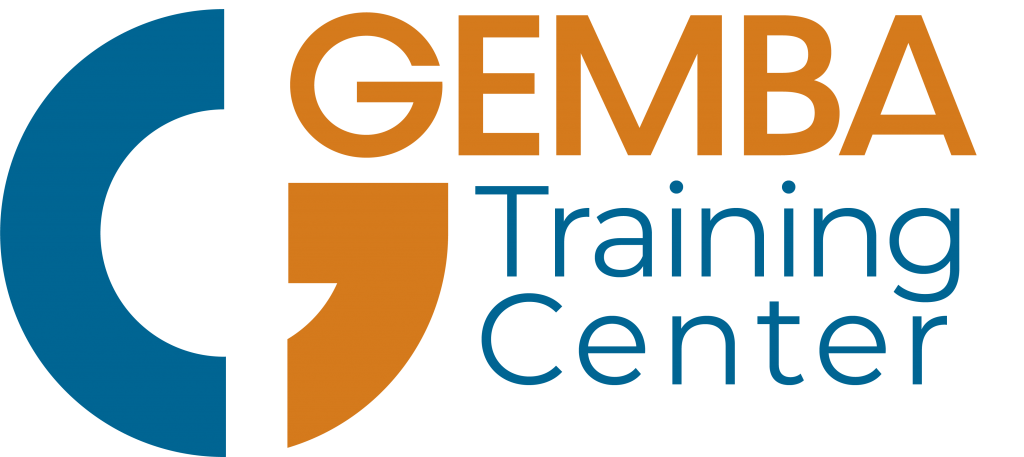In this article, we will focus on MTM (Methods-Time Measurement) and its significance in work processes.
MTM is a temporal measurement and work analysis method that analyzes human movements and durations to provide standard time and work assessment. However, MTM is not just a time measurement method; it is the unsung hero of tasks!
MTM determines how much time is spent on activities and, at the same time, shows employees how to perform their tasks more effectively. This helps employees work more efficiently and accurately while assisting businesses in increasing efficiency and productivity.
MTM History The “Methods-Time Measurement” published by Maynard, Schwab, and Stegemerten in 1948, along with subsequent Research Reports, served as the “genetic material” for MTM-1.
Numerous industrial work processes were filmed to separate basic movements from each other and calculate time requirements. Actual times were calculated by counting the number of frames per motion.
For other movements, such as walking, actual tempos were established through repeated experiments involving many individuals.
The time values obtained from the original research were corrected using the LMS System, an American performance rating system. This method takes its name from its creators (Lowry, Maynard, and Stegemerten).
The Lowry-Maynard-Stegemerten (LMS) method was applied to compensate for interindividual performance differences.
As a result, metric cards for MTM-1 were created. This provided valuable data to determine and effectively implement standard times for work movements under different working conditions and with different employees.
MTM, Lean philosophy directly serves, aiming to reduce waste and focus on customer value. Lean focuses on minimizing waste and maximizing value for the customer. MTM, by optimizing lean processes, helps businesses become more effective and efficient.
MTM leads to a real transformation in the business world by optimizing processes and providing better working conditions for employees. With the valuable solutions offered by MTM, businesses can become more competitive and provide better service to customers. Therefore, using MTM to optimize your business processes and support employees is definitely an excellent choice.

